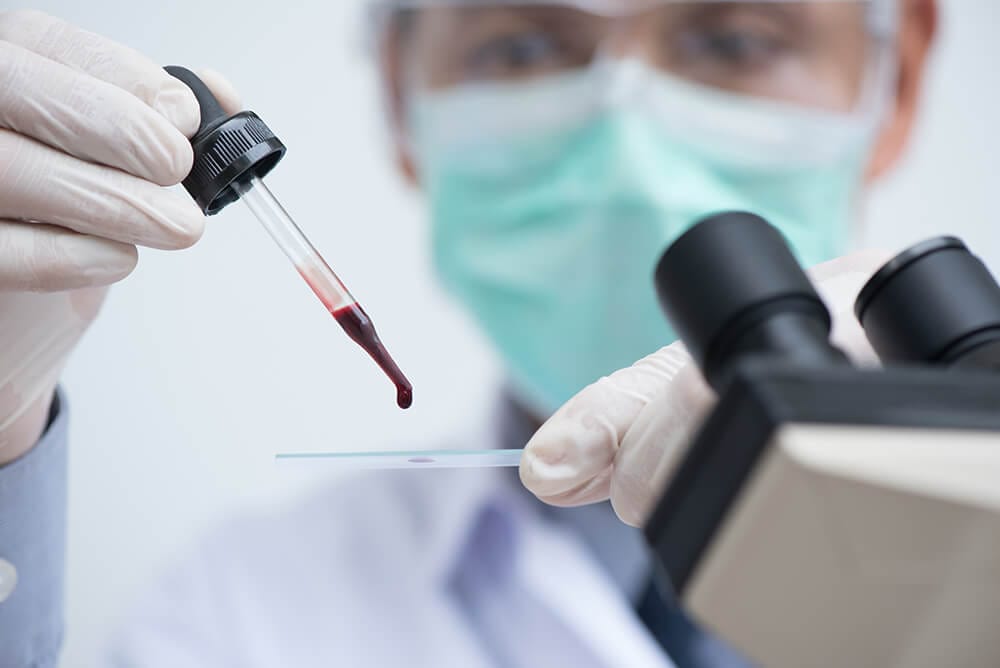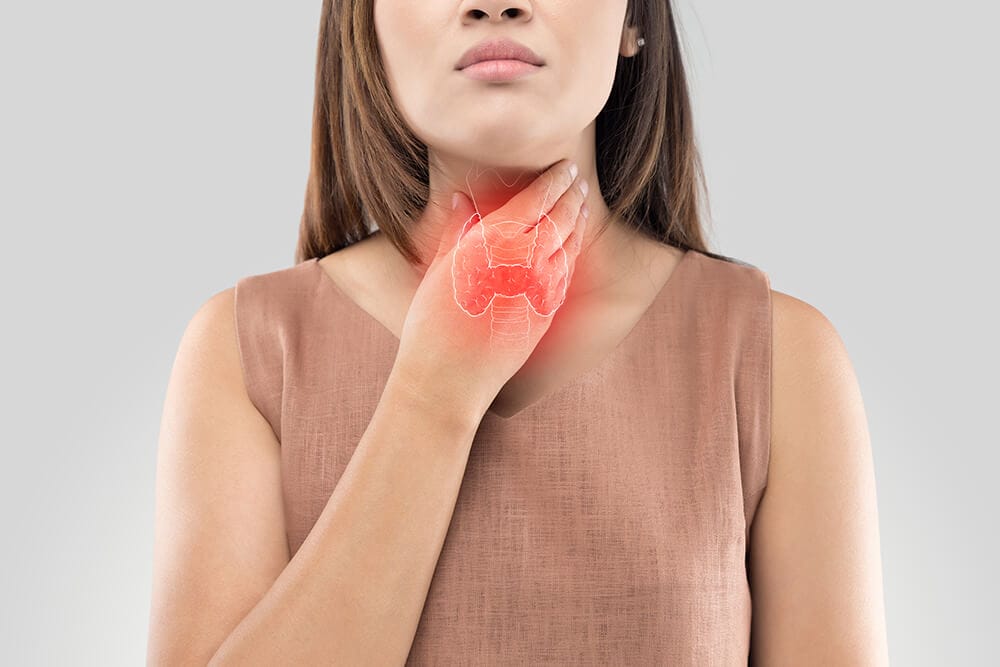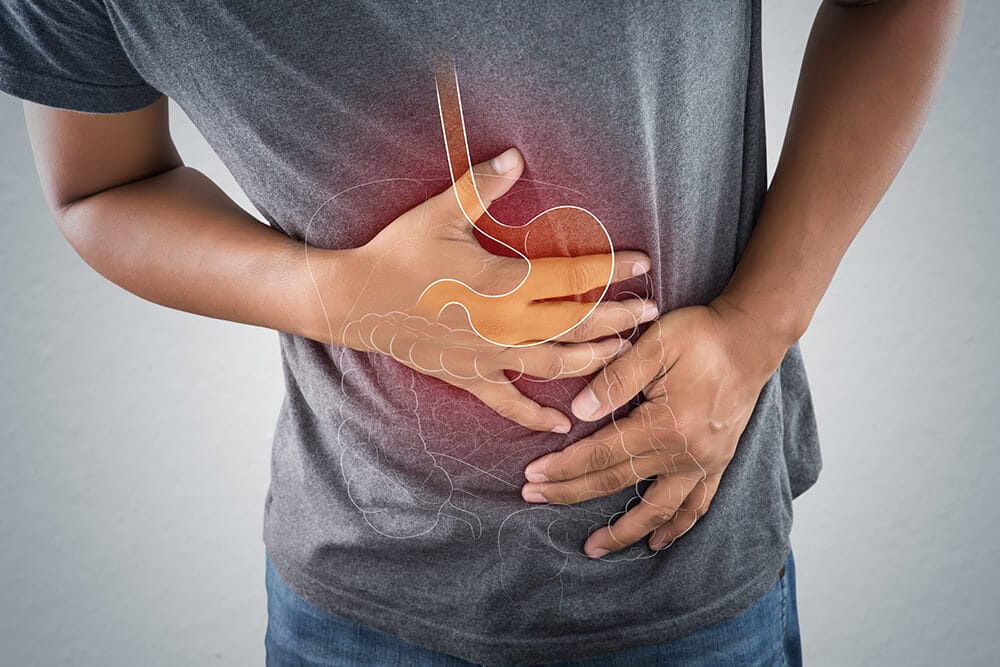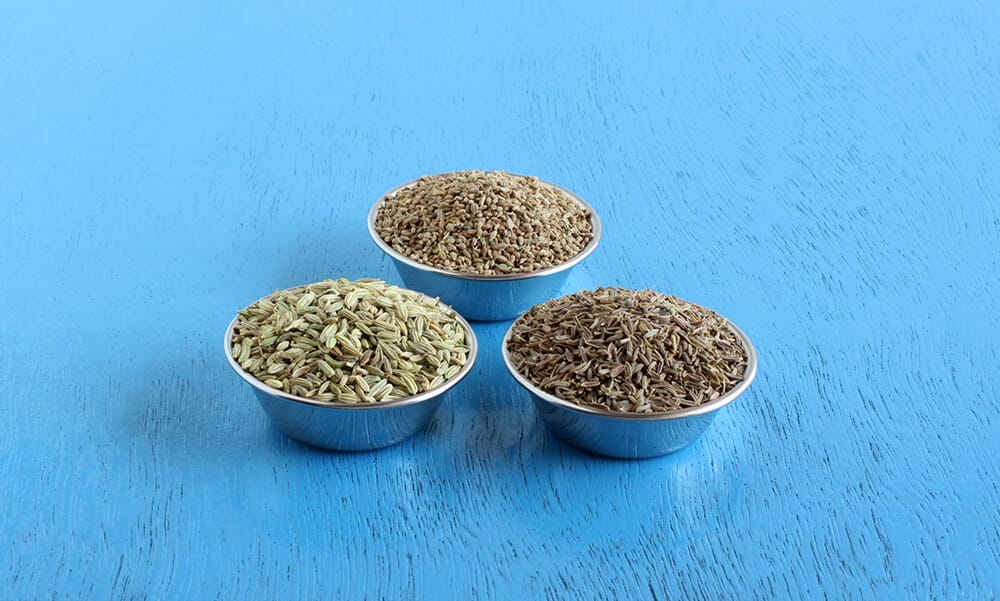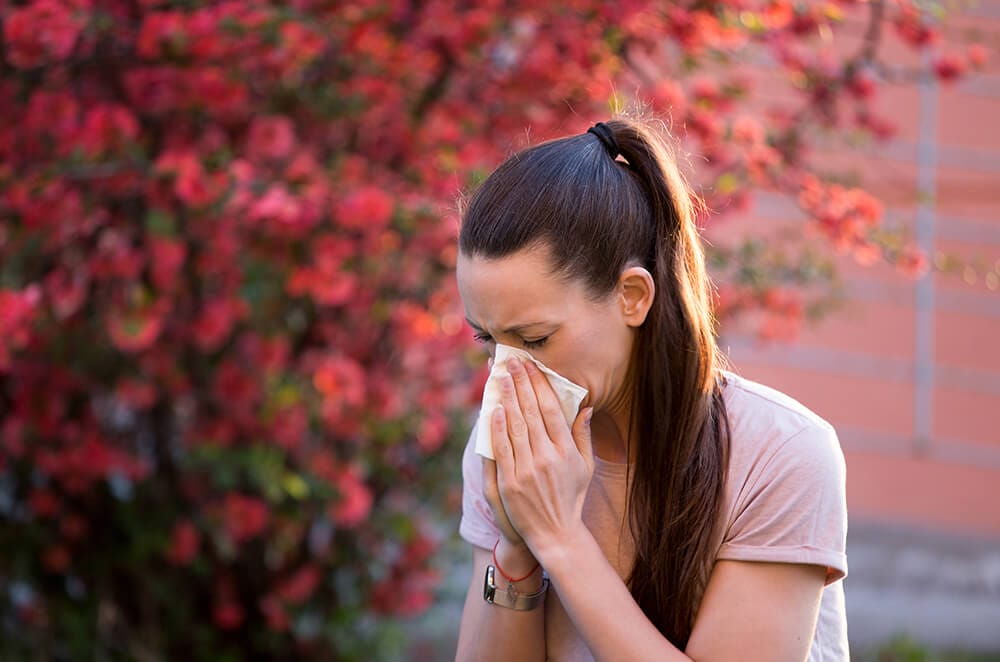
What Is Pollen Allergy: Meaning, Symptoms, Treatment & What Is Pollen All Home Remedies
Overview On Pollen
Plants, like animals, also focus on the survival and preservation of their species. Their method of ‘giving birth’ is done via spreading the fertilizable grain or pollen via agents that are termed as ‘agents of pollination. While pollination is an essential process, pollen is often the source of various irritations in many people.
Pollen are tiny grains that the male stamen of the flower releases. This pollen reaches the female pistil, where the pollen meets the ovule for fertilization. Pollen can be found any time of the day, especially when flowers are in full bloom. Some pollen are carried by water, while some are scattered around with the help of the wind. It is these wind-borne dusty pollen that bring about allergic reactions in some.
Pollen Allergy
Pollen allergy is brought about by pollen grains or allergens entering the body. Be it through the mouth or the nose, once the pollen enters the system, it triggers the allergy mechanism. The pollen allergy is the most common type of allergy that affects millions of people worldwide.
Pollen is released every season and people who are affected can suffer from allergic reactions, once exposed to that particular pollen dust. The term ‘hay fever’ is used to denote pollen allergy. Going back in time, allergies have been recorded in ancient Greek and Roman texts. But, the actual understanding of allergies and their mechanism began only in the 1800s. In fact, hay fever was first identified in the year 1819.
Symptoms Of Pollen Allergy
An allergic reaction occurs when the immune system is working overtime. The immune system performs the task of keeping the body safe and healthy. This means that when a harmful foreign particle enters the body, it causes the immune system to identify it and act accordingly. Pollen allergy symptoms include:
-
- Itchy throa
- Itchy, red, and watery eyes, also known as allergic conjunctivitis
- Stuffy and runny nose
- Sneezing
- Wheezing
- Fatigue
- Coughing
- Swollen eyes
Sometimes, people get hives. Hives are itchy and red welts on the skin. But, all things considered, pollen allergies are not fatal or life-threatening, in comparison to food or pet allergies.
Causes Of Pollen Allergy
Pollen allergy is caused when pollen comes in contact with a person. While pollen are everywhere, not everyone reacts the same way to them. As mentioned above, the immune system keeps the body healthy. For people who are allergic to pollen, their allergic reaction is set off when pollen enter their body.
Even when one grain of pollen enters the body, the immune system identifies the pollen as an allergen and activates the mast cells. The mast cells release histamine to counter the allergen. When the body counters the allergen, it starts to give symptoms associated with the immune system.
People have also complained of oral allergy syndrome or OAS. OAS occurs when certain foods are ingested and the body confuses the proteins present in that food to be pollen. This leads to symptoms associated with food allergies, like itchy throat and tongue, hives, dizziness, and shortness of breath.
Types Of Pollen Allergy
Every plant that can reproduce sexually produces and scatters pollen. Hence, people with pollen allergies have a hard time isolating themselves from getting allergic reactions. But, there are mainly three types of pollen allergies with some specific plants that have been recorded to cause the most trouble for people suffering from pollen allergy:
Tree Pollen Allergy
Tree pollen allergy is the predominant cause of allergic reactions, especially during spring. But, some trees that bloom during summer or winter are also included in this list. The trees are:
-
- Cottonwood
- Oak
- Mulberry
- Willow
- Cedar
- Olive
- Aspen
- Birch
- Ash
- Poplar
- Gulmohar
- Juniper
Grass Pollen Allergy
The grass pollen allergy is mostly dependent on the area and the time of the year. Grasses are usually sprouting in spring and summer. And, unlike trees, a majority of grasses do not cause allergies. Rather, a very small number accounts for pollen allergies. These grasses are:
-
- Timothy grass
- Sweet vernal grass
- Rye
- Orchard grass
- Johnson grass
Weed Pollen Allergy
Allergic reactions to weeds occur during late summer to autumn seasons. This type of allergy is not very common and is easily contracted. Given the fewer number of weeds found, they cause less allergic reactions in comparison to trees. The list includes:
-
- Ragweed
- Tumbleweed
- Mugwort
- Pigweed
Pollen Allergy Diagnosis
Pollen allergies are often confused with the common cold and people leave them untreated. While pollen allergies are not lethal, the irritation caused by the allergen does affect the daily lifestyle and work of an individual. If a person suspects that he/she is suffering from pollen allergies, he/she can get in touch with a doctor or an allergist. The diagnosis of pollen allergies is done via two methods: skin prick test and specific IgE blood test.
Skin Prick Test
Once the symptoms are recorded, the doctor or a nurse would place a possible allergen on the skin and prick it through the allergen. This would release the chemical within the allergen into the cut. If the person is allergic to that pollen, certain reactions, like the skin turning red, will start within 15 mins.
Specific IgE Blood Test
A blood sample is collected and then sent to the lab for testing against potential allergens. This is done when the person has pre-existing skin conditions or is taking any medications.
Pollen Allergy Treatment Options
Medications are often prescribed to people who are suffering from allergic reactions due to pollen allergies. These medications include:
-
- Over-the-counter antihistamine medications, such as cetirizine, loratadine, or fexofenadine. The medications are taken a few weeks prior to the onset of allergy season.
- Immunotherapy tablets or shots are also given to make the body desensitized against the allergen.Nasal sprays, to help with congestion and nasal itching.
- Nasal corticosteroid sprays help in reducing inflammation.
Pollen Allergy Home Treatments
Pollen allergies are a lifetime condition, unless one shifts to an area that has no plants or foods that can trigger the allergic reaction. Like the common cold, pollen allergies have to be dealt with in a way that promotes better hygiene. Home remedies include:
-
- Changing clothes as often as possible, especially when coming from outside. If a family member suffers from an allergy, they should be kept at a distance before freshening up.
- Keeping the windows closed during allergy season.
- Taking a hot shower before sleeping to prevent pollen buildup.
Keeping the windows closed during allergy season.
Taking a hot shower before sleeping to prevent pollen buildup.
Conclusion
Pollen allergies are usually mild and can be treated using home remedies. While the condition is common, the irritation caused by pollen allergy can last for days. People with pollen allergy have to be very careful during the seasons they are prone to contracting the allergy. Taking precautions and using preventive methods can help alleviate the painful symptoms.
FAQs
What is anaphylaxis?
Anaphylaxis or an anaphylactic shock/reaction occurs when the body’s reaction to an allergen releases too much fluid in the body, causing it to go into shock. The reaction can occur within seconds and can cause death, if proper treatment is not administered. While anaphylaxis is related to allergies, cases of pollen-induced anaphylactic shock are rarely recorded.
What foods to avoid when a person has OAS?
Since the food protein and the plant pollen become indistinguishable for the immune system, it is difficult to say, without proper diagnosis, which individual will suffer from which food. But, the common quantifiers are:
If you have an allergic reaction to birch, avoid eating almonds, apples, carrots, coriander, peppers, and plums.
If you are allergic to ragweed, avoid eating bananas, cucumber, watermelon, and sunflower seeds.
If you are allergic to grass, avoid eating celery, tomatoes, and watermelon.
What can help differentiate allergies from the common cold?
Allergies follow a pattern. They are seasonal, as the pollen that cause allergies are also seasonal. If you are having symptoms that are similar to both cold and allergy, it will help in proper diagnosis and in keeping a track of the pattern.







